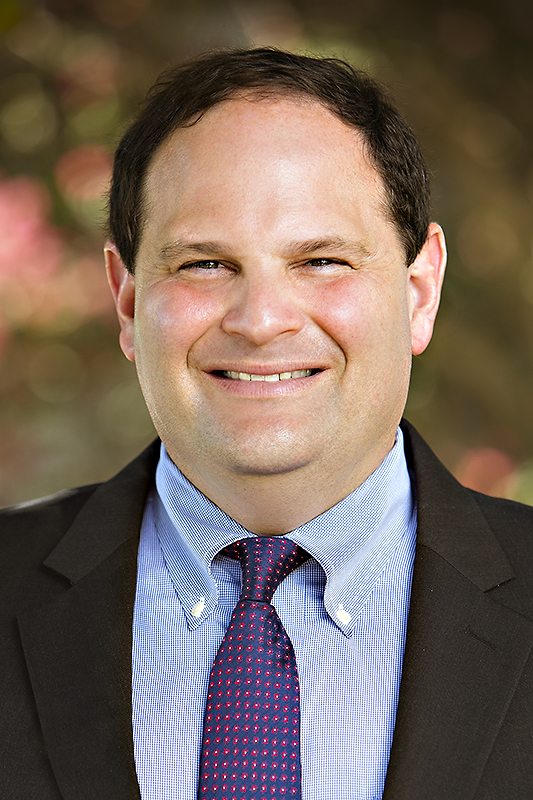
World & Nation Sleepless in Kyiv: In Ukraine’s capital, the stress of war weighs on everyone. We don’t hug so much in Ukraine,” she said, her words translated by her cousin. Senkiv doesn’t make a lot more at the preschool, and she’s quickly learned of a common American irritant: “My salary is OK, but taxes are high.” Still, Senkiv says she is happy with her job - she loves working with kids. She also has a second job, putting in two hours at night clearing tables and washing dishes at a senior living center for $14.75 an hour. Since March, Senkiv has been working as a full-time cook at a preschool in southeast Portland. In Portland, she learned of a job opening from a woman attending the same Ukrainian church. She worked for a company preparing dumplings and other ready-made foods. In her hometown of Drohobych, Senkiv attended vocational school after completing basic ninth-grade education. Senkiv, 31, does not have children but also left her husband in Ukraine and is staying with her younger brother, who has been in the U.S.

Most men in Ukraine are held back because of the potential call for military service. “The company usually pays for mileage, which is great,” she said.īohera came with her two children, ages 12 and 16, but not her husband. Sometimes she drives long distances for appointments. After two months of training, Bohera found work as a medical interpreter, earning $20 to $40 an hour. She began browsing Facebook pages for job opportunities. “I was just sitting at home thinking, ‘What am I going to do in this country?’” said Bohera, a university graduate who worked as an English teacher in Ukraine. By November, Bohera and Senkiv, who are both in their 30s, got work authorization papers. Sponsored by relatives in the U.S., the two distant cousins landed in Portland, Ore., at the end of August. Vita Bohera and Nadia Senkiv are from the Lviv region in western Ukraine. Others are eagerly filling lower-paying openings at restaurants, hotels, retail stores and nursing homes - jobs that U.S. Some have come with university degrees and needed skills like nursing. They can generally stay for at least two years.

Individuals entering under urgent refugee and parole programs can secure work permits relatively quickly. About 100,000 Afghans have come since the fall of Kabul in late summer of 2021, and tens of thousands more from Venezuela and Cuba, among other countries, are being admitted for humanitarian reasons. Since Russia’s invasion of Ukraine last year, some 300,000 people from that war-torn country have arrived in the U.S., many under the Biden administration’s “Uniting for Ukraine” program. workforce hit by both short-term and longer-running forces: retirements and a surge in workers quitting jobs post-pandemic declining birthrates and rising deaths, including drug-related fatalities, suicides and other so-called deaths of despair. Beyond filling employers’ immediate needs, these newcomers are expected to provide a critical cushion to a U.S.


 0 kommentar(er)
0 kommentar(er)
